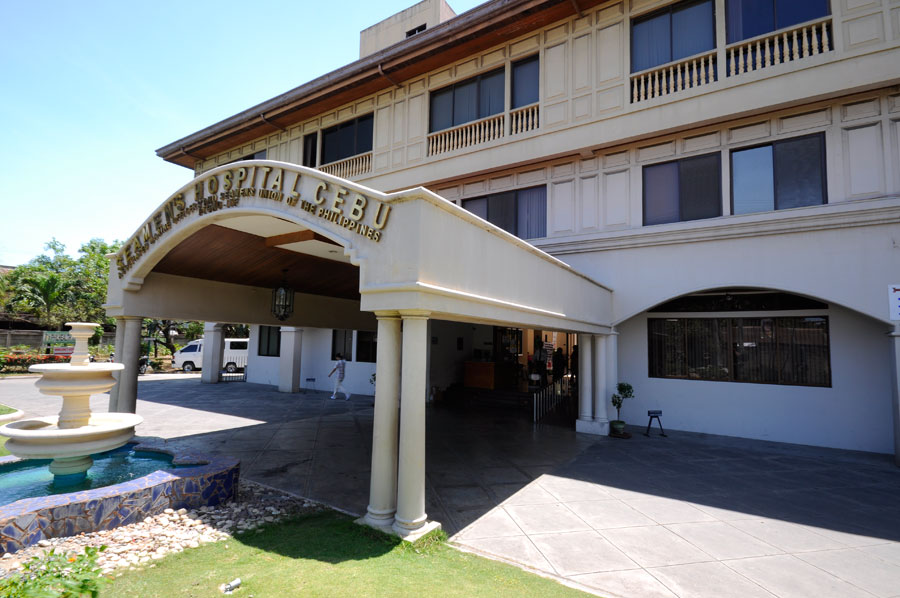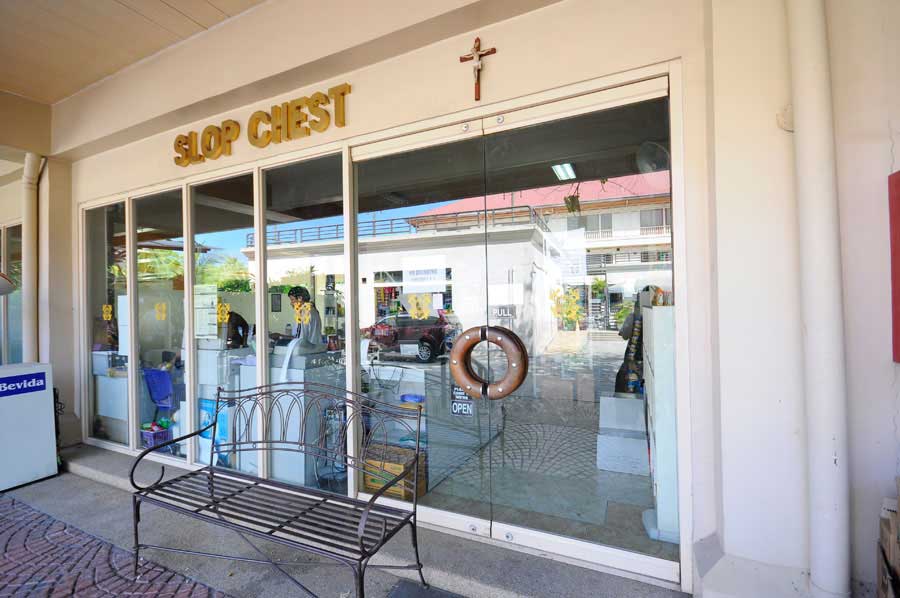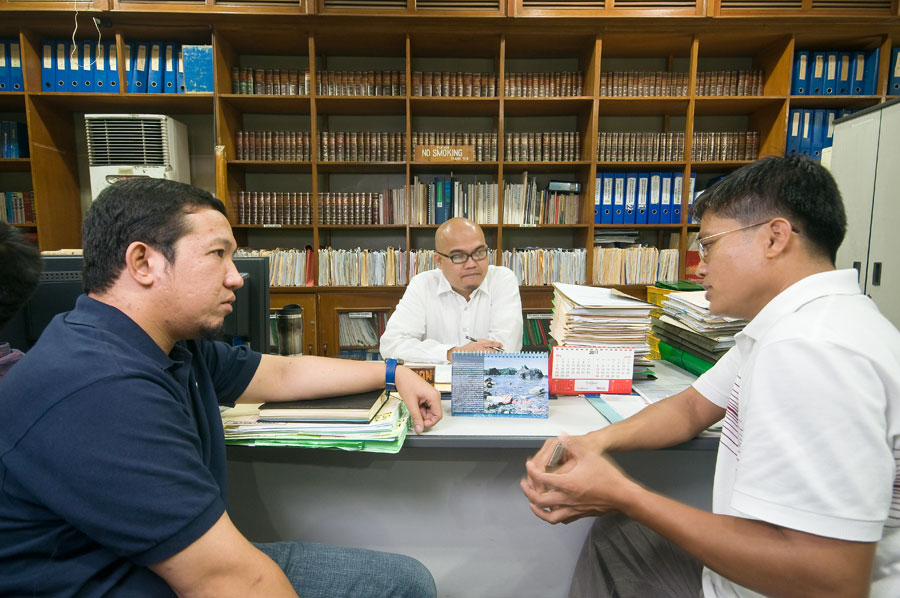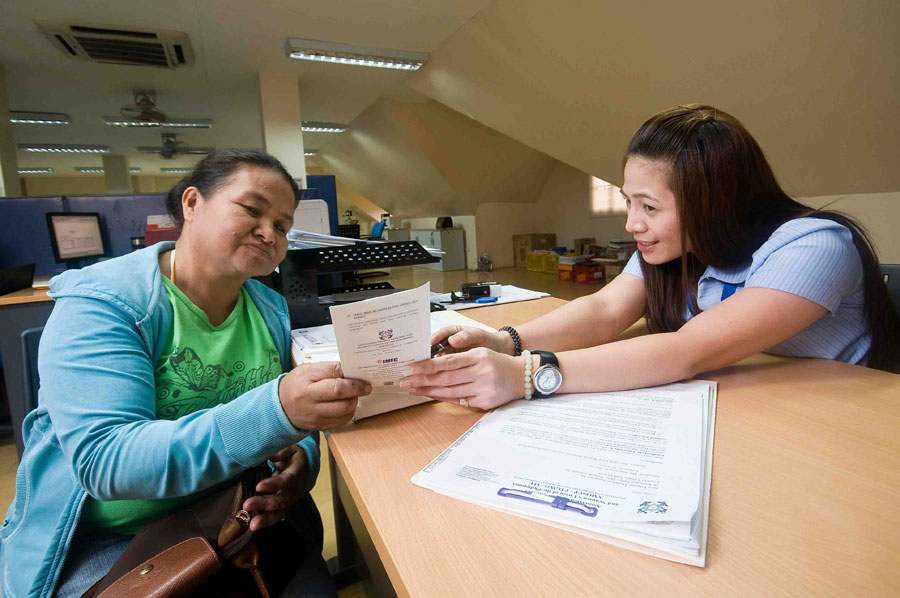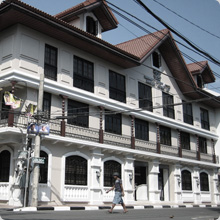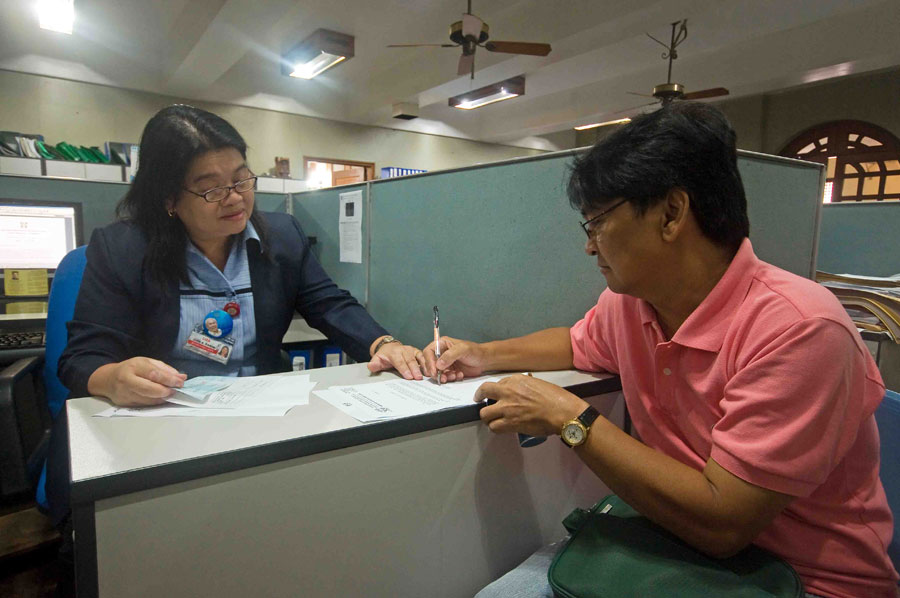
A total of 150 midshipmen who obtained their bachelor’s degrees in Marine Transportation and Marine Engineering march the field to receive their diplomas
The Maritime Academy of Asia and the Pacific (MAAP) has once again ushered in the turnover of a new batch of its graduates to the world merchant marine fleet following a commencement exercises last 23 May 2017.
A total of 150 senior cadets who obtained their bachelor’s degrees in Marine Transportation and Marine Engineering received the academy’s “quality seal of assurance” for their fresh roles on board merchant ships.
Department of Labour and Employment (DOLE) secretary Silvestre Bello III, the graduation rites guest-of-honour and speaker, said he was “privileged to share the honour of the day with all of you and the grateful Filipino families, whose sons and daughters shall have secured themselves a progressive future through MAAP.”
The MAAP graduates of Class 2017 consisted of 146 men and four women that produced two finishers with Latin honours of magna cum laude and four cum laude.
The DOLE secretary noted how privileged the cadets are for having assured of employment for each graduate when they embark to assume their new roles on board ships of their sponsored shipping companies.
Some owner’s representatives and crew managers from various different foreign shipping companies were present to witness their respective future fleet officers receiving their diplomas.

In many graduation ceremonies, Secretary Bello said, students are excited to graduate but anxious at the same time because they fear the thought of unavailable job offers and end up unemployed. “This academy resolves this problem by ensuring gainful employment for every graduate,” he stressed, saying that the institution also ensures a “viable pool of highly qualified seafarers” for the world fleet.
The growing number of applicants and classes undergoing training in the academy attests to the aspiration of more Filipino youth today to have better lives through maritime education. This is in combination by the fact that the country still possessed the strong advantage of having the main source of marine manpower for the world fleet.
“Indeed, this continuing demand for skilled and competent seafarers proves that MAAP is relevant and responsive to the training needs of maritime professional in the country,” Mr Bello pointed out.
Statistics show that one in every three of the 1.2 million personnel on board vessels of every flag in the world is a Filipino, he continued, citing that some of these personnel are graduates of the institution. “This figure from our Labour Department shows that MAAP is responsive in addressing the mounting demand for highly qualified seafarers.”


